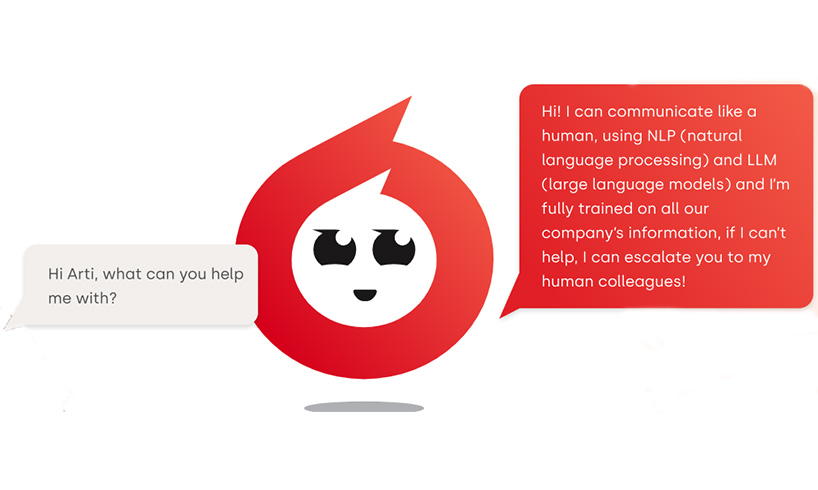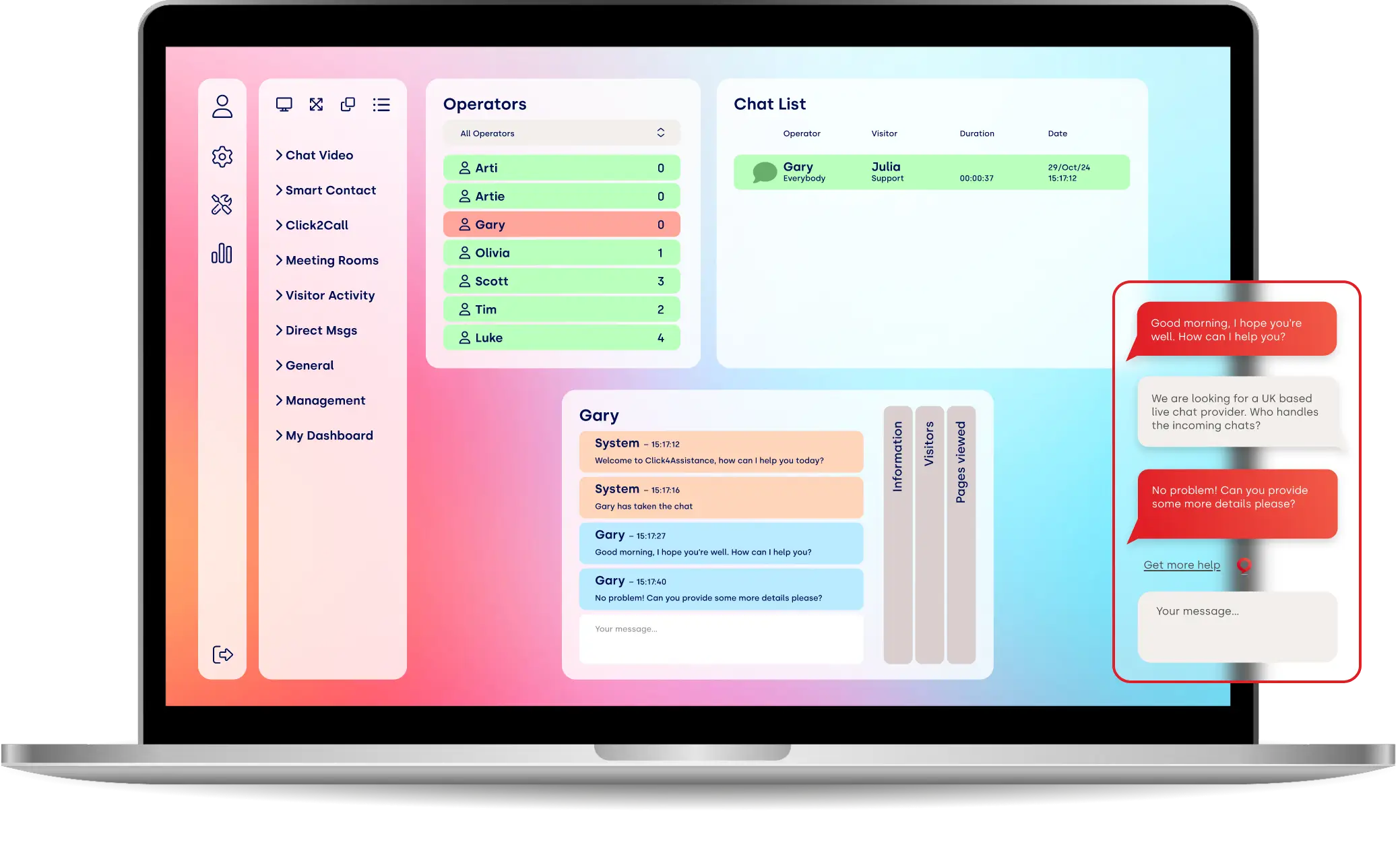How Live Chat Helps You Avoid the Financial Squeeze

Every business is worried about money, what are the right tools to help you weather this storm? Let’s show you how live chat can keep your business “live.”
Everybody is feeling the impact of the current financial climate. Many businesses are naturally concerned about how they are going to operate more effectively. One of the best approaches is to ensure that you have the right technology in place. Operational costs are something we all need to keep track of, but the implementation of live chat can be a fantastic investment if you want to avoid the financial squeeze. How is this?
Live Chat Is Cheaper To Implement
When you compare live chat to a telephone call, live chat embodies a number of great components. Live chat is cloud-based, so if the infrastructure is already in place, it is far quicker and easier.
From the perspective of a software engineer, installing live chat support can be very easy to manage. Software engineers use a line of code which can be copied and pasted into website pages, so adding the chat window can be done in a matter of minutes.
Provide a Welcome Alternative To Email
This is not just because live chat provides the customer with instant interaction with a customer service agent, but it also greatly reduces the overall operational costs in comparison to using emails.
When a customer sends an email to a company, they are hoping for an instant response. The reality is that an email can easily take 24 hours to respond to, but the customer will hope for a response in less than an hour. If the customer does not send in enough detail in their questions, the conversation can ping-pong back and forth, resulting in more frustration on the customer's part, while not getting to the root of the issue.
Live chat is a welcome alternative to email in the fact that it is instantaneous. When a customer sends a message on live chat, they can be either connected to a chatbot or to a professional customer service agent. It saves the business money because the issues are being dealt with there and then. As customers demand an instant reaction and resolution, this is something that's rarely achievable by email in customer service sectors.
Resolve Issues Quicker
When customers have problems, they need the issues resolved quickly. According to the 2018 SuperOffice Customer Service Benchmark report, an astonishing 62% of companies did not reply to customer service emails. When customers need their issues resolved quickly, the benchmark is to handle a problem within 12 hours. However, in live chat, the company Zopim found the average resolution time was approximately 42 seconds.
When we use live chats instead of email to resolve issues, this will guarantee a far better ability to deal with customers effectively, but when customers’ issues are resolved quickly, they are more inclined to come back. Repeat service is so important, and customer service tools like online chat are essential.
If you want to add live chat to your website, you may find customers are more likely to reach out to you via this method. Customers may prefer the less intimate approach of live chat because it is, in effect, a mixture of email and a telephone call. Rather than sending an email that may not be responded to at all, when a customer wants an issue resolved quickly, live chat helps. This means that businesses can get the issue resolved, which may guarantee repeat custom. but it also means that customer service agents can progress onto the next customer, therefore, being far more productive and guaranteeing more potential repeat custom to benefit the business’ bottom line.
Reduce Staffing Cost
Productivity is such an important aspect of a live chat service agent. The benefit of having live chat agents is that you can reduce the number of staff. Compared to emails, where an individual may have to keep responding over a much longer period of time, customer service agents are better utilised with live chat because they can conduct a number of chats simultaneously, therefore, you can have fewer individuals handling more requests.
When customer issues are easy to resolve, a live chat agent can slowly start to respond to these problems with a far more efficient approach and can start to work smarter in their responses. For example, they can resolve a common customer issue by referring the customer to the FAQ section and/or quoting parts of it.
As customers can be responded to in real-time due to the length of time it takes to type a block of text, customer service agents can start to amass a collection of stock answers that will help customers. It's important to remember that a sizable chunk of customer queries are ones that have been dealt with before. Therefore, a customer service agent can resolve issues quickly and multitask.
It Improves Customer Service
Finally, if you are looking to benefit your business and improve the bottom line, you can add live chat to your website because it instantly improves customer satisfaction. Customers are able to get the responses they need in a way that's digestible, but it's also an immediate approach to solving problems in comparison to email. So, if a customer deems their solutions to be satisfactory, you are almost guaranteed repeat custom.
Customer service agents can easily find themselves overwhelmed due to the influx of phone calls. Live chat means a customer service agent does not have to apply any sense of emotion or frustration to the conversation, and this provides a better front for the business and ensures that when a customer has their issues resolved, they can have a far better relationship with the business. This means repeat custom, which can be reinvested back into the business.
Live chat is the culmination of great customer service because of its economical nature. If you are looking to avoid the financial squeeze and make a significant investment before things become too difficult, live chat could be the saving grace of your business. Having the opportunity to add live chat to your website can make a massive difference in many ways, not least in an economical sense.
























